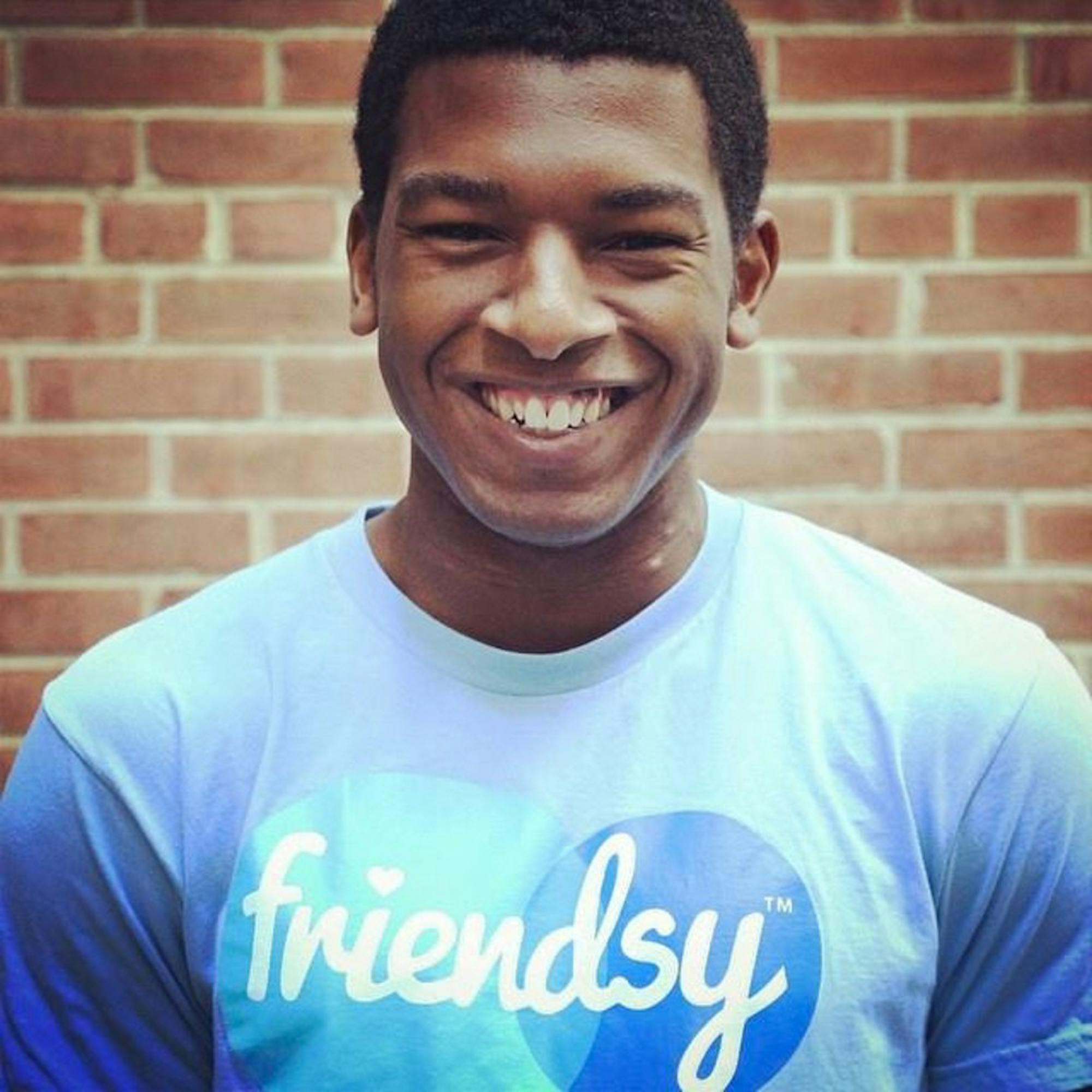Campus love without the hang-ups: that’s the pitch that the mobile app Friendsy is trying to sell, and among Dartmouth students it is working — sort of.
Friendsy co-founders Dylan Sewell ’15 and Vaidhy Murti of Princeton University created the app to give college students the chance to be part of a student-centric network and connect with their campus crushes, Sewell said.
Seventy percent of members of the Classes of 2016 and 2017 are actively using the app at Dartmouth, but the percentage of users among the Classes of 2018 and 2019 is much lower, Sewell said.
Friendsy is becoming more popular on almost every campus in the United States at which it is active, Sewell said. He noted that there are 100 schools with over 50 users, 50 schools with over 250 users and 15 schools with over 1,500 users.
The sign-up process for Friendsy is fairly simple, Sewell said. To create an account, prospective users type in a valid .edu email address, which ensures that all users are actually college students. In its early days, Facebook used the exact same system, originally restricting use to only those with a Harvard.edu email address.
The valid email address requirement differentiates Friendsy from other mobile dating apps like Tinder, where anyone can sign up and create an account.
“Dating apps can be a little scary. There are randos out there,” Sewell said.
Once users receive an activation code sent to their email accounts, they can return to the app and fill in basic information, such as gender, class year, personal photos and optional descriptive tags like “foodie,” “must love dogs” or “outgoing.”
Users can then see all the students in their vicinity. They can limit their search preferences to a certain radius of people, and they can indicate filter for specific genders and class years.
Friendsy participants scroll through images of other students at their college or at other schools and anonymously select whether or not they want to hookup, date or be friends with another person. The recipient will receive an alert, along with a pool of 10 possible people who may have clicked on them. Their job is to guess who expressed interest in them, making the app a kind of “guessing game,” according to Sewell.
Sewell explained the numerous features that accompany the app, such as chit chat — an anonymous chat room between two people on the same college campus. Once the two people feel comfortable speaking to each other, they have the option of becoming friends and revealing their identities. Friendsy users can also compliment people on their profiles. These compliments are screened and moderated by Friendsy’s team to control against pejorative or negative comments.
Recently, Friendsy sponsored a contest with Snapchat. The two companies asked people to snap a specific user with the caption “#wemetonfriendsy” for a chance to win a free gift card. Two Dartmouth students won the contest, receiving a $100 gift card to Pine Restaurant.
Visiting professor Svetlana Grushina, who teaches a speech course called “How New Media Shape our Lives: Rhetoric, Theory and Praxis,” commented on the prevalence of social media in modern society. She said that people, especially college students, are often hard-pressed to think of relationships they have that do not involve the use of social media.
Apps like Friendsy offer a much wider pool of interactional opportunities than was available before the rise of social media, Grushina said.
“I believe that intimate and authentic social interactions can take place over social media,” she said.
Despite her support for social media, Grushina said that face-to-face interaction contributes greatly to growth in a relationship and that dialogues are the fundamental building blocks of society.
Additionally, she said that social media can create an arena for people to express themselves in ways they would not otherwise in person. To her, the content of what people say to each other really matters, as there is a permanence associated with the written word.
Murti said Friendsy is highly concentrated in the Northeast, mostly because the company’s location has enabled it to host frequent social marketing campaigns in the region to raise awareness about the app.
Sewell said that Friendsy aims to create a safe, personal environment for all of its users and eventually expand its market overseas in the future.
“In one sentence, we want it to be the best college dating app it can be,” Murti said.
Sewell said Friendsy aims to make people excited to come back to campus at the start of every new term or semester and pursue their own love interests.
Many Dartmouth students reached for comment either declined to comment or did not respond to requests seeking comment.




